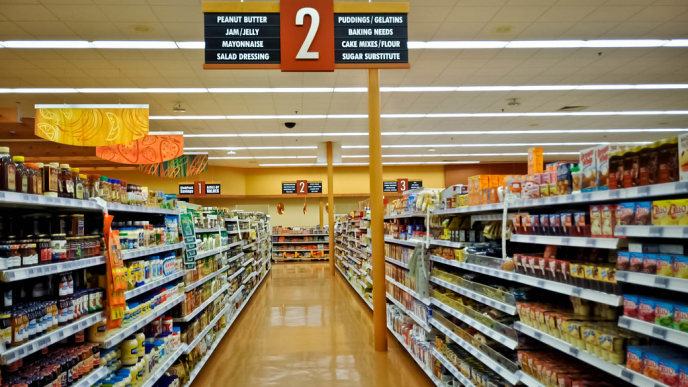Supreme Court Extends Block on Full SNAP Payments as Shutdown Nears Possible End
The U.S. Supreme Court on Tuesday extended its order blocking full Supplemental Nutrition Assistance Program (SNAP) payments, prolonging uncertainty for millions of Americans who rely on the program to feed their families. The decision comes as Congress inches closer to a deal that could end the ongoing government shutdown and restore federal aid.
The temporary order—set to expire just before midnight Thursday—keeps in place a chaotic patchwork of food aid distribution across the country. In some states, SNAP recipients have received their full monthly benefits, while others have gotten partial payments or none at all.
The Senate has already passed a bipartisan bill to reopen the government, and the House of Representatives could vote as early as Wednesday. If approved and signed into law, the measure would restart the flow of funds to roughly 42 million Americans who depend on SNAP. Still, it’s unclear how quickly full payments could resume once the government reopens, as implementation timelines vary by state.
Advocates and state officials say the uneven distribution of benefits has left families scrambling to make ends meet. “It’s easier to make full payments quickly than partial ones,” said Carolyn Vega, a policy analyst with the anti-hunger group Share Our Strength, who noted that states issuing partial benefits may face technical hurdles when processing remaining payments.
In Pennsylvania, some recipients received their full November benefits last week, while others remain empty-handed. Jim Malliard, 41, of Franklin, said his family’s $350 monthly benefit has yet to arrive. Caring full-time for his blind wife and medically fragile teenage daughter, Malliard said he’s been rationing what’s left in the pantry.
“It’s been a lot of late nights, counting every penny,” he said. “Anxiety doesn’t even begin to describe it.”
The Trump administration halted full SNAP funding after October, triggering a wave of lawsuits and conflicting court rulings. While some judges ordered the government to restore partial payments—up to 65% of normal benefits—one ruling last week required the administration to resume full funding, prompting the Justice Department to appeal to the Supreme Court.
In its filing, Solicitor General D. John Sauer argued that “the answer to this crisis is not for federal courts to reallocate resources without lawful authority,” maintaining that only Congress can resolve the issue by reopening the government.
An appeals court on Monday ordered the return of full payments, a move that was set to take effect Tuesday night before the Supreme Court stepped in to block it.
The Senate-passed bill would replenish SNAP funding and reopen the federal government through the fiscal year. House Speaker Mike Johnson has called lawmakers back to Washington to consider the deal, which was negotiated between Senate Democrats and Republicans.
President Donald Trump has not confirmed whether he will sign the bill but told reporters Sunday that “it looks like we’re getting close to the shutdown ending.”
For now, millions of low-income Americans remain caught in limbo—waiting on Washington’s next move to determine whether they’ll be able to afford their next meal.




